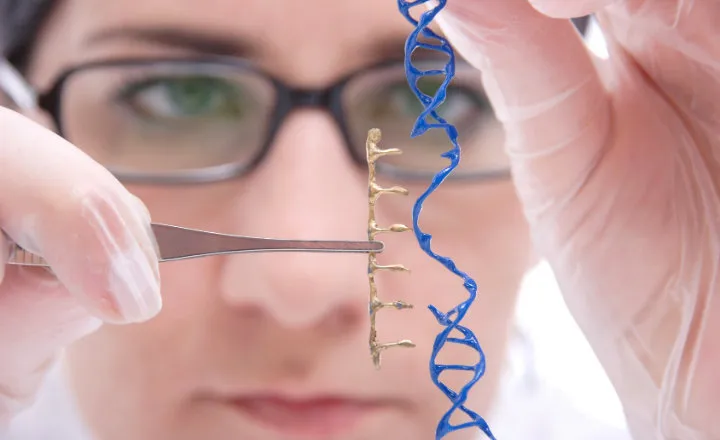A certain approach to gene therapy managed to restore normal blood glucose levels in mice with type I diabetes, according to a study published last week in the scientific journal ‘Cell Stem Cell’.
Specifically, researchers at the Pittsburgh University School of MedicineBlood glucose in mice with diabetes.
"This study is the first description of a single simple intervention clinically translating autoimmune diabetes that leads to normal blood sugar levels and, above all, without immunosuppression," the main author of the research, George Gittes, pointed to the magazine, George Gittes.
The objective of the study was to generate functional beta cells from Pancreatic alpha cells, which can be the ideal source for the replacement of beta cells by its location and abundance.In addition, these types of cells can produce insulin, but are different from beta cells and, therefore, are not recognized or attacked by the immune system.
"Viral gene therapy seems to create these new insulin producing cells that are relatively resistant to an autoimmune attack," Gittes said.The researcher pointed out that the key to this resistance seems to be due to the fact that these new cells are slightly different from normal insulin cells, "but not so different so that they do not work well."
The success of this finding in clinical trials with mice can be the solution for patients with type I diabetes, who have problems with the usual beta cell replacement treatments.
Approximately 9 percent of the world's adult population suffers from diabetes, a chronic disease that is characterized by the high level of glucose in the blood and that can cause serious health problems, such as heart disease, damage to the nervous system, ocular problemsand kidney diseases.
In the case of type I diabetes, the sugar obtained through food cannot be used in the usual way by the human body due to the destruction of insulin producing cells.This evil has a greater presence in children, adolescents or young adults, and only 1 in 20 diabetic people suffer from it.


